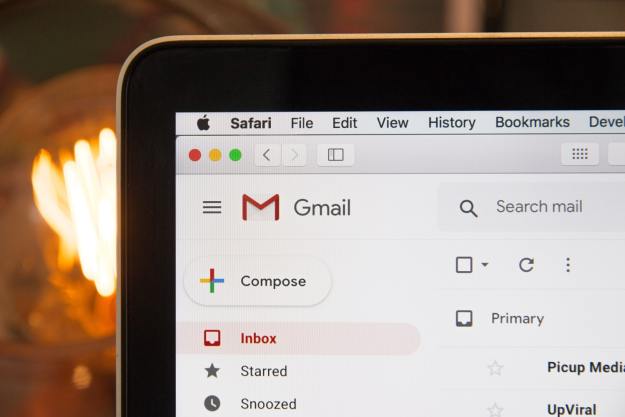
The dispute mainly stems from the fact Apple itself collects data from its users to build a software ecosystem based around consumer needs. The proposed solution asks the $700 billion tech giant to operate devoid of all ad-supported software. To be clear, this means Apple would have to build its own search engine and social network to avoid the ostensible endorsement of data-mining companies such as Google and Facebook.

Google is here to stay
Asking any company to abandon Google Search in the name of privacy is extreme considering the lukewarm response that ensued when Microsoft tried challenging the most popular search engine in the world a few years back.
From a business standpoint, it wouldn’t be sensible for Apple to make its products independent of third-party, ad-supported software. It might save some money by reducing the expenses paid to its third-party supporters, but going ad-free wouldn’t generate any additional revenue for Apple unless it charged a fee.

Ad-free isn’t free
Part of the reason we see services like Facebook, Twitter, and Google take off is because freebies draw crowds. The end-user doesn’t want to pay to connect with friends online or search through an information directory. In a similar vein, corporations don’t want to request money from individuals who aren’t willing to shell out a few bucks a month for their services. With that in mind, companies tend to opt for the proven success, partnering with advertisers and collecting data to tailor advertisements based on consumer interests.
It’s irrefutable that complete digital privacy cannot realistically be attained, especially in the free market, but it’s also undesirable for both creators and consumers. Developing its own services to compete with the likes of Google and Facebook would demand an affluence of resources and costs from Apple that could otherwise be used on product development and advertising, which more directly drive profits.
But don’t just take my word for it. Premium, private alternatives to ad-supported services have been tried before, and they haven’t done well.
The tragic anti-Facebook and its anti-success
For those rallying for privacy and anonymity on social media, a new company named Ello appeared to be the anti-Facebook many had longed for. It allowed the use of pseudonyms on personal profiles, unlike
But Ello’s brief run last September concluded in disappointment from supporters. Fans of Ello thought they wanted a shiny new ad-free service to replace Facebook when, in reality, they just wanted
That’s easier said than done. Collecting consumer data is an essential component of the Facebook business strategy. It’s the glue that keeps advertisers interested and
In the end, Ello was much too vacant to be presumed a viable substitute for the beefier social media outlets. There just weren’t enough users willing to skip out on Facebook, privacy be damned. When users arrived, there was hardly anyone to engage in conversation with. It was similar to
With ads comes money, with money comes innovation
Certainly, many of us can agree that there should be more regulatory laws on how data mining is conducted, and that companies should be more upfront with their intentions, but when countless people are using services that are well-known to extract personal information from their web browsers, it should be readily apparent why other organizations will choose to follow suit.

Ad-supported services deliver new, experimental innovations year after year. Google has brought to fruition tentative ideas like the driverless car and a cardboard virtual reality headset that simply wouldn’t be possible without advertisers supporting the search engine that pioneered Google as a company.
Perhaps more significant to our everyday lives, in a world deprived of ad-supported digital content, would we have instant access to Google Maps, which allows us to explore the world virtually without having to leave the confines of our own homes? Would automated cars be nearing reality? Would we be able to chat with people across the globe for free? Probably not.
The Internet: Sponsored in part by ad-supported content
There’s a growing desire for more privacy from advertisers on our devices and, in many cases, for good reason. I’m not saying there shouldn’t be regulation on how advertisers are allowed to market their products. But at the same time, we shouldn’t ignore the significance of free access to millions of services online, made possible by ad-supported content.

While there’s obviously room for improvement, Tim Cook raising awareness of digital privacy while also serving as Apple’s showrunner doesn’t make him a hypocrite. He’s acknowledging the need for digital privacy despite Apple having room to grow before it’s able to attain that goal.
We shouldn’t rid the world of data collection. Rather, there are steps that can be taken to improve communication with customers, ensuring that they’re fully aware of what happens to their data in order to make an informed decision as to which online services they choose to wield for themselves.
Editors' Recommendations
- You really do not want to forget your Vision Pro passcode
- Leading Dem says Apple, Google, Facebook, and Amazon have ‘monopoly power’
- Apple co-founder Steve Wozniak wants you to get off Facebook


